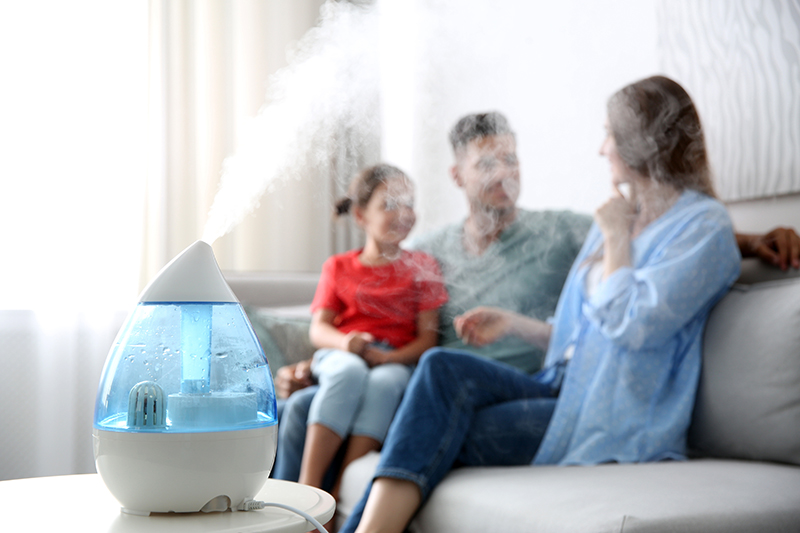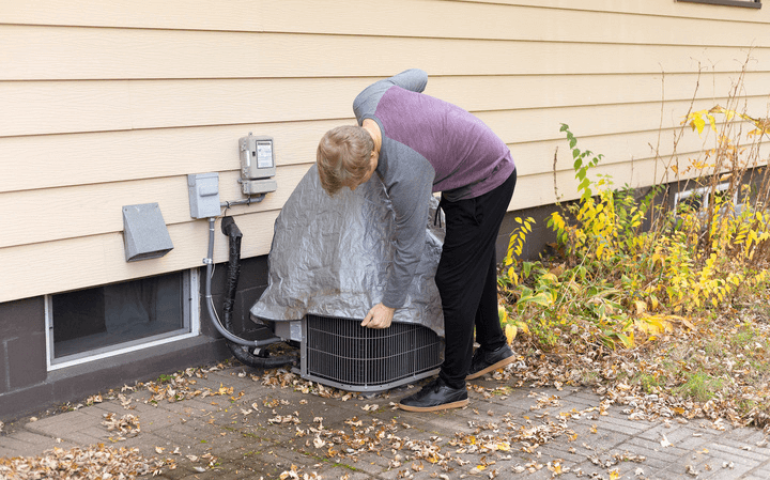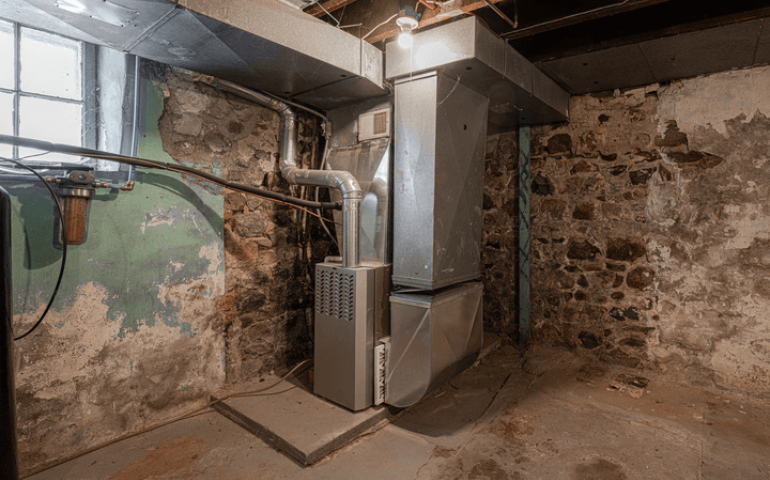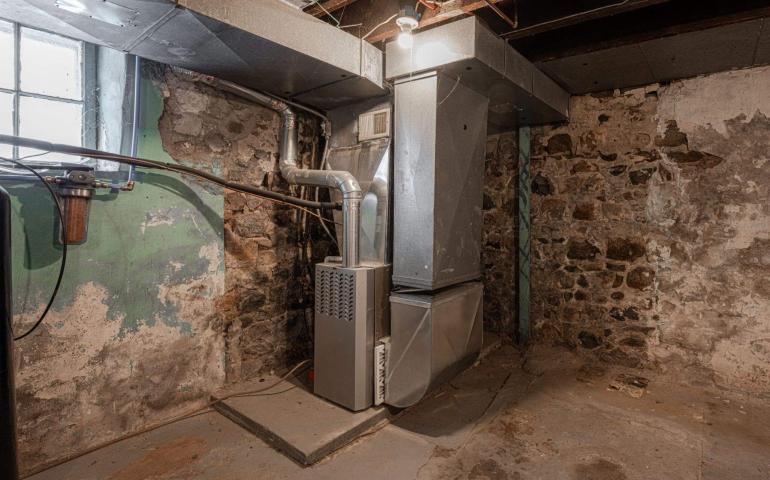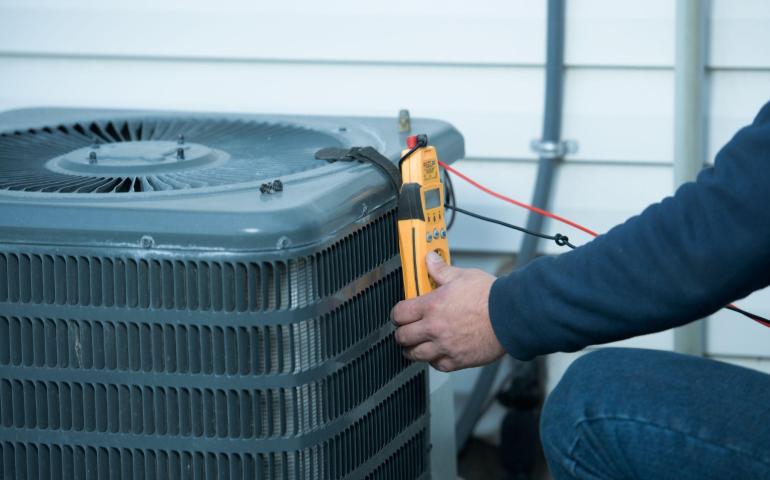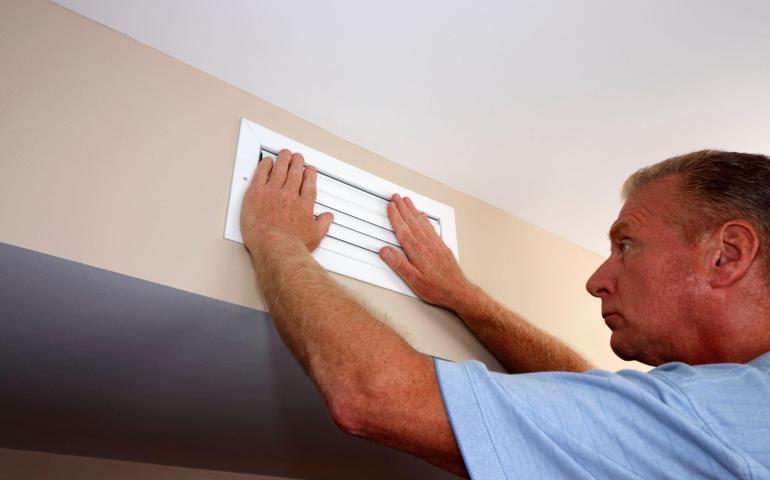Winter can be a challenging time for homeowners. Among the many things that you need to pay attention to is the humidity levels inside your home. When the temperatures drop outside, the air inside your home can get dry, which can cause various health and comfort issues. Dive into the science behind home humidity in winter and how to maintain the proper levels for a healthy and comfortable living space.
Why is Humidity Important?
Humidity refers to the amount of moisture in the air. It is vital in various aspects of your life, ranging from health and wellbeing to home maintenance. When the humidity levels drop, the air can become too dry, leading to a range of problems such as respiratory issues, dry skin, and even damage to your home's infrastructure. On the other hand, when the humidity levels are too high, it can cause the growth of mold, mildew, and other harmful bacteria.
How Does Winter Affect Humidity Levels?
Winter can be a particularly challenging time for maintaining the right humidity levels in your home. With the colder temperatures outside, the air inside your home can get dry, especially when you turn on the heating. As a result, you may experience dry skin, chapped lips, throat irritation, and even nosebleeds. At the same time, low humidity levels can cause your home's wooden structures and furniture to crack or shrink.
What is the Right Humidity Level for Winter?
The ideal humidity level for a healthy and comfortable living space during winter is around 40-60%. A hygrometer is a handy tool that you can use to measure humidity levels. If your home's humidity levels fall below 30%, consider investing in a humidifier to maintain the right levels. Alternatively, you can try some simple DIY solutions, such as placing a water bowl near the heater to add humidity to the air.
Other Ways to Maintain the Right Humidity Level
Apart from using a humidifier or DIY solutions, there are other ways that you can maintain the right humidity level in your home during winter. For instance, you can prevent air leaks by sealing windows and doors to retain moisture inside your home. You can also minimize the use of exhaust fans and limit activities that produce moisture, such as showering or cooking, during the coldest times of the day.
Benefits of Maintaining the Right Humidity Level
Maintaining the right humidity level in your home during winter can have numerous benefits. It can help alleviate several health issues, such as dry skin and respiratory problems, and help you save on energy bills by lowering your thermostat without sacrificing comfort. Additionally, it can help preserve your home's structural integrity and extend the lifespan of your furniture.
Contact Us at Master Mechanical
Understanding the science behind home humidity in winter can help you maintain a healthy, comfortable living space. Ensuring you have the right humidity levels can prevent health problems, preserve your home's infrastructure, and save energy. Whether you choose to invest in a humidifier or try some simple DIY solutions, the key is to monitor your home's humidity levels regularly to prevent any problems from arising. Contact us at Master Mechanical to help you maintain your home's humidity.

